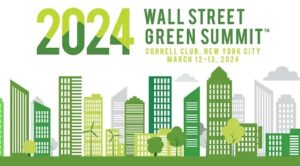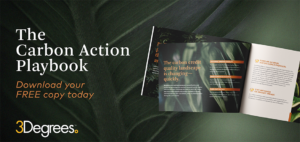
To get bridge controversies around Article 6 it may be worth to take a step back and evaluate the different expectations for an effective role of carbon markets that nourish the clashing positions. Is the priority controlling all aspects of the implementation of Article 6 or to enable countries to define the rules that enable large-scale investments into mitigation?

Navigating the Carbon Credit Landscape
In the face of an escalating climate crisis, sustainability managers are grappling with a myriad of challenges. From concerns about greenwashing to the intricacies of the carbon credit market, the path to a sustainable future is filled with uncertainties. The events of 2023 have underscored the urgency for immediate action, with both public and private […]
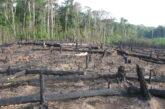
It’s time to stand up and take action – protecting forests is too important to wait
In the 1990’s I lived for 738 days in a 1,000-year-old giant redwood tree named Luna to save ‘her’ and the surrounding grove from loggers. From Luna I spoke to media all over the world and had the honor of addressing the UN, the US Congress, and government agencies worldwide.
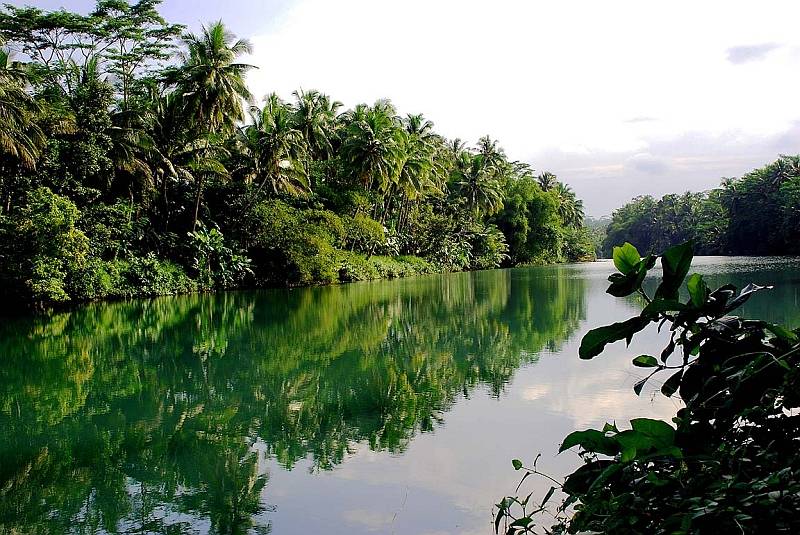
The world needs to drastically reduce global emissions. However, decarbonization will take time. One way to progress faster towards a net zero future is for companies to offset hard-to-abate, residual emissions with emission reductions or removals created elsewhere. Forests store carbon and provide multiple biodiversity, hydrological, social, cultural and livelihood benefits. Fossil fuels also store […]
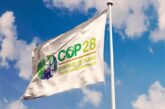
Voluntary carbon markets were created to fill interim gaps in government policy. They were supposed to shrink as governments stepped up on climate change, but governments stumbled on Article 6 at the UN’s 28th Climate Conference. What now?

Calls to retract paper claiming forest carbon credits are worthless

Negotiators at year-end climate talks in Dubai achieved agreement on the need to transition away from fossil fuels, but they failed to move forward with guidance on forging international cooperation under Article 6.


